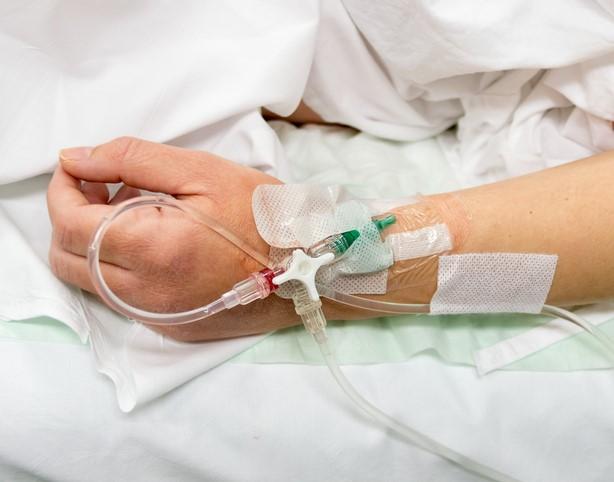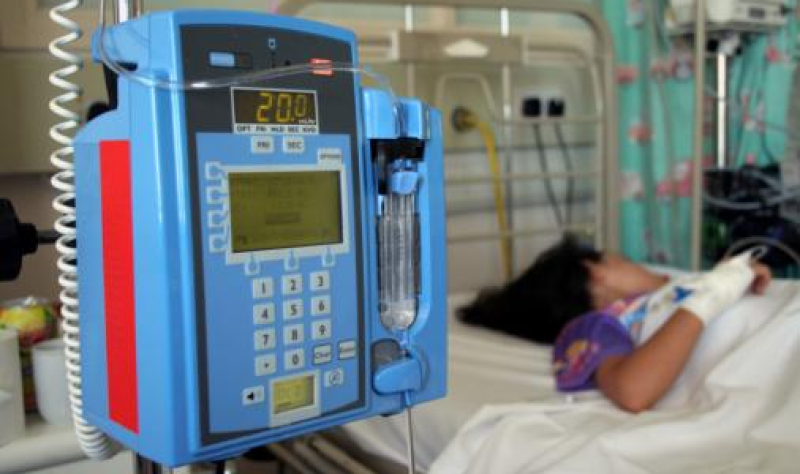COVID cases increase sharply among Mass. children and teens as school starts, fall arrives


Children and teenagers have seen sharp increases in COVID-19 case counts recently, led by 10- to 19-year-olds who saw a 59.6 percent jump in the latest weekly report from the Massachusetts Department of Public Health.
Experts said the figures were likely showing the effect of students going back to school and spreading the virus to each other.
The start of school leads to “a lot more social mixing. The last couple of falls we’ve definitely seen a big spike when schools started up. Some of that is certainly what we’re seeing now,” said Andrew Lover, an assistant professor of epidemiology in the School of Public Health and Health Sciences at the University of Massachusetts Amherst.
Though the percentage increase is high, the case numbers are relatively low. The number of confirmed cases over a two-week period among 10- to 19-year-olds increased from 1,191 to 1,901, the highest number since early June.
Children ages 0 to 9 saw a smaller increase in cases: 15.1 percent. Within that number, though, there were two different stories: an 8.7 percent increase among children ages 0 to 4 and a 27.8 percent increase among children 5 to 9.
Lover said children 0 to 4 likely saw a smaller increase than those slightly older because the youngest children are staying at home or are in year-round day care.
The two-week case counts released by DPH ran up to Sept. 17. The numbers will be updated by another week when the state releases new data on Thursday.
Matthew Fox, a professor of epidemiology and global health at the Boston University School of Public Health, said in an e-mail, “I do think it is not surprising that with summer over and school being back in session that there are rising cases. I do think that school is the most likely explanation.”
The DPH releases a two-week count of confirmed cases, broken down by age, every week. The total for all age groups increased by 12.6 percent. Other age groups saw increases of less than 8 percent, with the exception of 20- to 29-year-olds, who saw a 16.9 percent increase.
Experts have cautioned there may be a COVID-19 rebound during the fall and winter and have urged people to get vaccinated to protect themselves and others, as well as take other precautions.
Experts say children generally develop less severe disease than older adults, but some do get serious cases, and the possible long-term effects of cases are not fully understood. Children can also transmit the disease to others at school or at home. Vaccinations are recommended for children 6 months and older.
Fox said it was likely that the increase in COVID-19 cases among youth would “mean more cases in the elderly, but we don’t know that it will be a lot, and we know that that [elderly] population is the most likely to be vaccinated and boosted.”
Lover said he expected the case increases to “quiet down in the next month or so, but then probably when people start to travel a lot for the Thanksgiving and December holidays, we’ll see some upticks.”
“It’s worrisome,” he said. “We could certainly be in for some surprises.” The big question, he said, is whether a new variant will emerge that can evade the immunity the population has developed from vaccinations and prior infections.
The state’s official case numbers do not include the results of widespread at-home rapid testing. The state has also discontinued its program of testing and reporting COVID-19 cases in schools.
“I would have preferred we still had counting of cases in schools just because they serve as a sign that an increase in cases is coming (as does the wastewater data) but at the same time, cases is probably no longer the best metric and we need to see what is happening with severe cases. I’m watching the hospitalization data more closely,” Fox said in an e-mail.
Lover also said he was keeping an eye on hospitalizations, which are currently on a plateau and have not shown signs of taking off.
“Testing is way down nationwide so it’s becoming a lot harder to get a sense of what’s going on. We’re kind of stuck with looking at hospitalizations,” he said.
Massachusetts Teachers Association President Max Page said in a statement that the “rising case counts are not surprising, since educators anticipated this development with the return of students to our public schools and colleges.”
“We have been consistently advocating for the state to remain engaged in supporting communities, schools and colleges with access to testing and vaccines,” Page said. He also said that districts and campuses that feel it is necessary to mandate mask use “should be supported in that decision.”
“Educators want to be able to continue to teach in person and to keep their students and communities — and themselves — safe. COVID-19 remains a significant health risk that requires flexible and rapid responses in places where we see cases rising,” Page said.
Dr. Mary Beth Miotto, president of the Massachusetts Chapter of the American Academy of Pediatrics, said, “I don’t think any of us are surprised” by the case increases. “I think we all knew we would run into this in the winter and even in the fall.”
Respiratory viruses make a comeback during colder weather, said Miotto, who practices at the Mattapan Community Health Center. “The temperature starts going down. People go inside and they spread it,” she said.
The COVID-19 increases come as other childhood respiratory illnesses are already “skyrocketing,” she said.
Miotto urged people to take advantage of tools that science has provided that weren’t available earlier in the pandemic, such as getting their children vaccinated and boosted, and getting them tested if they develop symptoms. “We need to use the tools that we have that can make us feel — and truly be — safer,” she said.
She urged parents to seek out answers if they have any questions about getting their children vaccinated. “Ask a lot,” she said, saying information is available from doctors, nurses, school nurses, local public health officials, pharmacists, and federal and state public health websites.
“If you have concerns about vaccinating children, asking the people who know is a good idea,” she said. “There’s no questions that aren’t good questions.”
The Department of Public Health said in a statement that the state was “committed to ensuring families have access to free, safe, and effective COVID-19 vaccines.”
It said the state has coordinated more than 480 free “family-friendly” vaccine clinics through the summer and into September and also offers mobile pop-up clinics in settings such as schools, community organizations, and community colleges.
The Boston Public Health Commission said Friday that there had been an uptick in cases and hospitalizations in the state’s largest city.
Officials urged people to take a variety of steps, including testing for COVID-19 before and after large gatherings, staying home and isolating if you’re sick or test positive for COVID-19, contacting a health care provider about treatments if you have COVID-19, gathering outside if possible, and opening windows and doors to improve ventilation.
“The upticks in our metrics across the board are a reminder that COVID-19 is still spreading throughout our communities and that people can still get very sick from this virus,” Dr. Bisola Ojikutu, the public health commissioner, said in a statement.
Martin Finucane can be reached at martin.finucane@globe.com.



